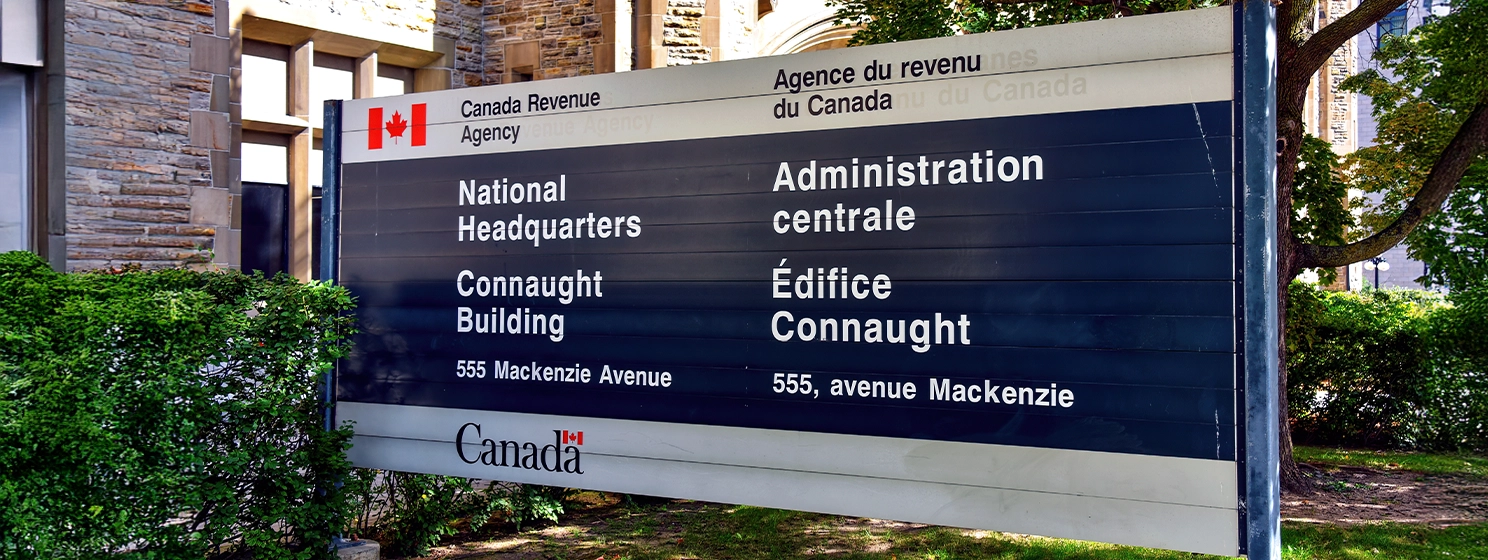|
Getting your Trinity Audio player ready...
|
On May 31, Russian based Raiffeisen Bank announced that they had created a partnership with Askona Life Group on a new blockchain technology platform. The objective of the new technology would be to create an automated settlements program.
According to Evgeny Kirillov, Investment Director for Askona Life Group, the goal of the new project is to greatly improve the efficiency of their settlements system. By making it automated, they expect that this will greatly reduce time and make the settlements of transactions process more efficiently.
The platform will focus on holding firms, especially corporate clients. The blockchain will create a trusted network where data can be shared between a large group of companies, yet still, be able to maintain the highest degree of security. According to a press release from Raiffeisen Bank, this new platform will automate the process for supply settlements between buyers and retailers, as well as provide invaluable tools that can assist in financial management.
Raiffeisen Bank has been looking for a number of ways to use blockchain technology to improve the efficiency of their operations. In October 2017, they developed a new hyper ledger trading platform to be used by the Russian National Settlement Depository. The objective of this new platform was to make transactions “simple and transparent,” ensuring that investors were able to make purchases more efficiently and to redeem corporate bonds using the distributed ledger.
The parent company for Raiffeisen, Austrian based RBI, has recently announced a new pilot program for trade and finance using the Marco Polo blockchain platform. Included as part of the platform are major banking institutions from across the globe, including BNP Paribas, ING, and Sumitomo Mitsui Banking Corporation.
This new project with Askona should be a great addition to their already successful platforms using blockchain technology. Explained Anatoly Shvedoc, Head of Corporate and Investment Banking Products Department:
“The technology of distributed registries allows us to bring services that our bank provides to corporate customers to a new level and offer products that banks have never offered to their clients before. In fact, the bank created a new channel for remote banking services for customer payments.”
This is an industrious idea, which aims to fix one of the primary problems related to the use of blockchain technology – poor communication between different departments or at different stages of the payment and transaction creation process. Kirillov explained that they expect this to “simplify the settlement procedure,” and to reduce labor costs by as much as 40%. Those are lofty goals which should make this project a worthwhile venture.

 12-13-2025
12-13-2025 





